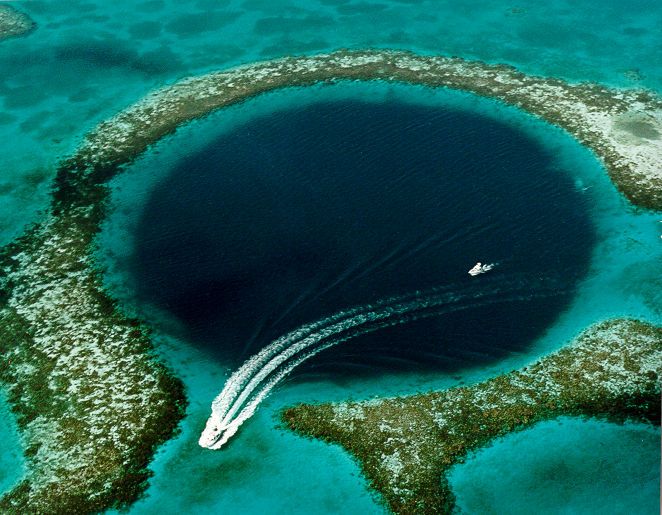Belize bans offshore oil exploration to protect marine wildlife
The government of Belize has recently passed legislation to end all offshore oil activities within its territorial waters.

The government of Belize has recently passed legislation to end all offshore oil activities within its territorial waters.
The law is seen as a vital move to ensuring the protection of the country’s valuable barrier reef, which is the largest in the western hemisphere, but is currently endangered.
Belize’s Prime Minister, Dean Barrow, said: “We welcome the victory for conservation and environmental protection which the Bill for a moratorium on offshore oil activities will secure”.
The reef is home to unique Caribbean atolls, and over 1,000 species, including various endangered turtles, manatees and sharks. As a result, offshore oil exploration has put these fragile ecosystems at even greater risk and the reef has been on UNESCO’s endangered list since 2009.
The Central American country is highly dependent on tourism, and supporters cite the reef as central to the both the region’s economic and environmental health.
Dr Fanny Douvere, coordinator, UNESCO world heritage marine programme, commented on the law: “This legislation is a major milestone toward removing the second largest reef system in the world from the in danger list. The World Heritage Committee is expected to take its decision on this matter at its next session in June-July 2018.”
Nadia Bood, reef scientist at WWF, said: “This is great news for Belize. Not only has its government listened to calls to protect the Belize Barrier Reef, which only a year ago was under threat from seismic oil exploration, it has stepped up to become a world leader in ocean protection by ending all oil activity in its waters. This is a ground-breaking move for a country with a struggling economy.
By acting to remove a major threat to the reef, Belize is safeguarding its future prosperity. We hope this bold step will encourage other countries to follow suit and take the urgent actions needed to protect our planet’s oceans.”






